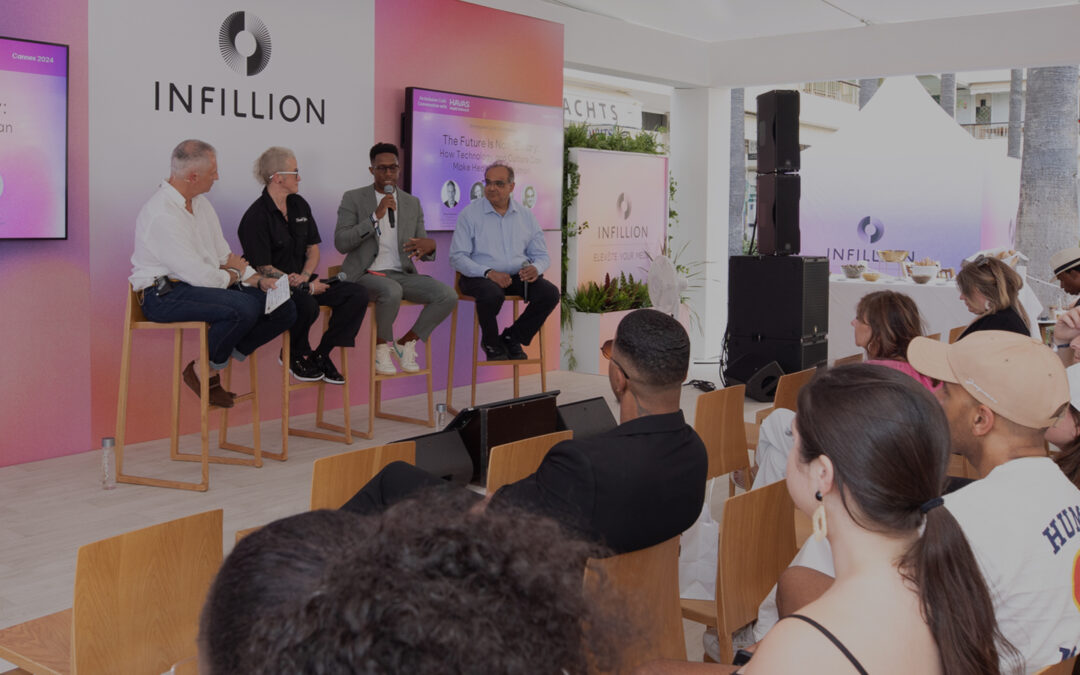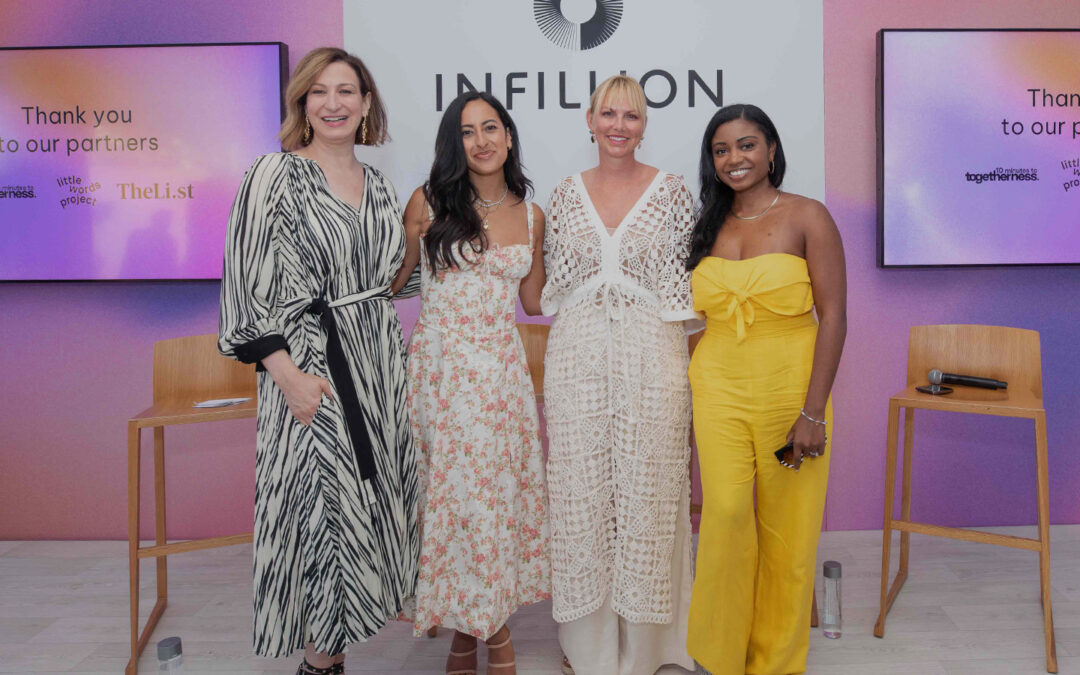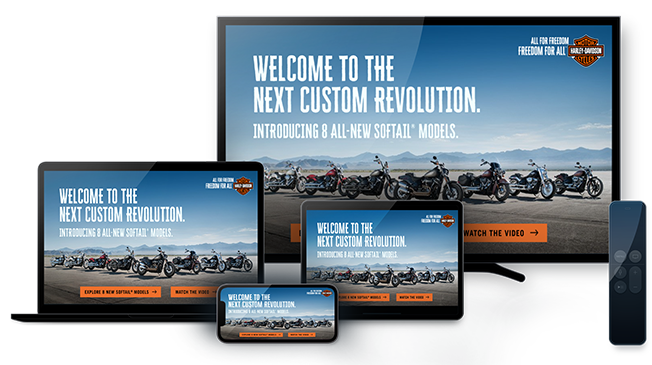Amplify, Promote, Invest! Supporting The Diverse Perspectives of Black Creators and Media

Diversity, equity, and inclusion (DEI) has become a mainstay of panel programming at advertising industry conferences, and Cannes Lions is no exception. But with events spread along the entire Croisette all week, finding actionable conversations about DEI isn’t always easy – especially as a small nonprofit or advocacy organization. That’s why Infillion had the idea to create “The Inclusion Cafe,” a series of talks with partner organizations like Glaad, Creative Spirit, and Group Black, to elevate voices advocating for meaningful inclusion in the industry from representation in ads to profit and growth.
At Cannes Lions, programming typically kicks off on Monday morning. And this year, the Monday of Cannes fell on Juneteenth, a U.S. holiday that honors the day in 1865 that – a full two years after the signing of the Emancipation Proclamation – slavery officially ended in Galveston, Texas and 250,000 Black Texans were freed. To acknowledge and elevate the importance of Juneteenth – even thousands of miles from the U.S. –, Infillion worked with The AList, a collection of BIPOC C-suite executives committing to activating their social capital to drive real, sustainable change. The AList curated the kickoff talks at our Inclusion Cafe with two discussions, Cultivating the Future of Blackness in Media, and This is About Business Growth for Brands. These conversations became wellsprings of ideas for how to support and amplify Black voices; promote authentic, Black-owned content; and invest more in Black creators. Diverse narratives offer important and unique perspectives, and they’re also good for business: According to McKinsey & Co., companies with diverse and inclusive workforces are 35% more likely to outperform their competition.
Thinking Long-Term and Building Diverse Ecosystems within the Creative World
The panelists on Monday agreed: Blackness is not a monolith. There is an enormous wealth of diversity and creativity within the community. Black creators, artists, athletes, and celebrities have played a pivotal role in shaping industries like fashion, music, film, the arts, sports, entertainment – and are frequently the trendsetters defining cool and pushing into new media. Even so, Black creators need more support from the industry overall to help amplify Black voices and content across the current media landscape.
Alex Kennedy, EVP of commercial strategy at My Code Media, emphasized that agencies can stay relevant through the construction of Black ecosystems by hiring Black creatives and multi-culturally focused people to build teams and create content: “When companies reach out to us, make proactive attempts to connect, and then pay us well, that makes an impact because it puts money into the ecosystem.”
Marissa Nance, founder and CEO of Native Tongue Communications, noted that by investing in young Black people and creating pathways for them in the creative arts, engineering and STEM professions, we can promote more equity. “When young people have a seat at the table,” she says, “they can encourage the industry to cut down on bias, and Black folks will see themselves in the content being created.”
Nance’s company is helping creatives build ecosystems by launching the BIPOC Creators Wealth Academy to teach young talent the importance of asset and wealth management, “so we can create wealth, keep wealth, and build wealth. Creating on TikTok is one thing, but, but how can we monetize it, and then learn how to keep and invest that dollar rather than spending it?”
Be Accessible and Help People Connect with Your Content
Of course, the more widely accepted and consumed any content is, the better. Nikki Fowler, CEO of Glitter Magazine, reminds us that Black-owned media doesn’t always have to mean “Black-focused.” She adds that when Glitter initially started working with agencies, they were unsure of how to work with her and lacked understanding that while inclusivity means Black spaces, it also means, “open to everyone.” Glitter’s business model has always been built around inclusivity and making everyone feel welcome by saying, “you can sit with us.”
When it’s easy for brands to engage, content will be widely distributed, and from Pauline Malcolm’s point of view as the Chief Revenue Officer of Essence, that has been what has occurred. The company’s annual Essence Festival has seen a rising profile thanks to its streaming partner, Hulu, and will be streaming again nightly in 2023 from June 30 through July 2.
The festival continues to make a huge impact in New Orleans, where it brought hundreds of millions of dollars ($327 million) into the local economy last year. Black women are tastemakers and trendsetters, but they don’t always see the value of the things they create, so when Essence enters into partnerships with other companies, they make sure our creators get paid what they are due.
Another major emerging area of content that is widely distributed to all consumers is audio in the form of podcasting, which is still growing. Gary Coichy, CEO & Founder of Pod Media, says that audio can be very intimate, as “people are listening while they drive their cars and work out at the gym.” This one-to-one connection to the material brings with it trillions of dollars in buying power, and it has only just begun.
Ultimately, there are a multitude of ways that Black creatives are working to shape the media landscape and grow their businesses. They’re taking risks. They’re creating their own channels and meeting audiences where they are with truly authentic content that resonates, and they are shifting perceptions of Black people in the media by focusing on the things that matter.
Black creators are influencers who highlight and represent the vastly different aspects of the larger Black community, and they’re learning how to put money into the black creative ecosystem. As Pauline Malcolm said,“When we come together, we tap into bargaining power with media agencies. We’re bigger together if we all go to the table.”
Thank you to each one of our incredible panelists for contributing to this conversation:
Cultivating the Future of Blackness in Media: Alex Kennedy, EVP of Commercial Strategy at My Code Media; Dexter Santos, VP of Player Services at the NFL Players Association; Joe Michael Nickson, Chief Creative Officer at ConCreates; Marissa Nance, Founder & CEO at Native Tongue Communications; moderated by Tiffany Black, Chief Content Officer at Epiphany Content & Media.
This is About Business Growth for Brands: Bonin Bough, CSO & Co-Founder at Group Black; Christian Facey, CEO & Founder at Audiomob; Gary Coichy, CEO & Founder at Pod Digital Media; Lynnwood Bibbens, CEO & Founder at ReachTV; Nikki Fowler, CEO at Glitter Magazine; Pauline Malcolm, Chief Revenue Officer at Essence Ventures; Regina Gwynn, Co-Founder at Black Women Talk Tech.
Subscribe to our blog:
Related Posts:

What Live Sports Strategy Is Best For Your Brand?
As summer heats up, the world's eyes turn to Paris. The city has prepared an array of stadiums, arenas, and outdoor venues for 32 unique sporting events to host the 2024 Olympics Games – and that’s just the beginning. Especially if you’re in advertising. For the first...

The Future Is Non-Binary: How Technology and Culture Can Make Health More Human
As our conceptions of identity and gender evolve, so too does the dialogue around health and healthcare. But right now, that dialogue is not moving fast enough. “Healthcare is not keeping pace with societal changes,” pulmonary critical care physician Cedric “Jamie”...

Why Addressing Loneliness Is Crucial for Women’s Success in the Workplace
Loneliness and isolation have become prevalent issues in the workplace, affecting 80% of women -- especially those under 35 and women of color – according to research from women’s leadership group TheLi.st in partnership with creative agency Berlin Cameron. This...
Let's Connect
We can help you create the personalized ad experiences viewers expect.

